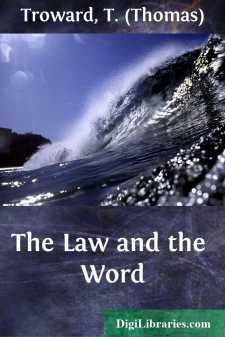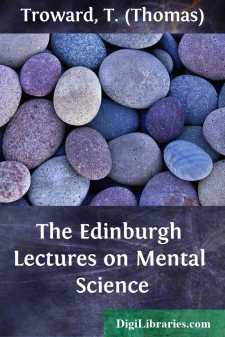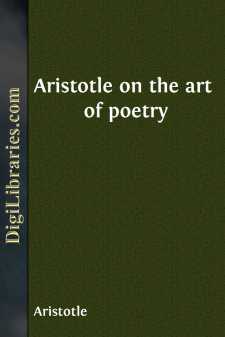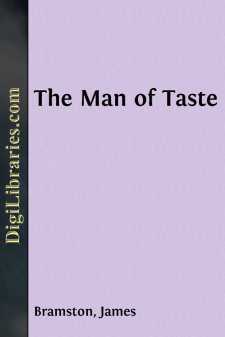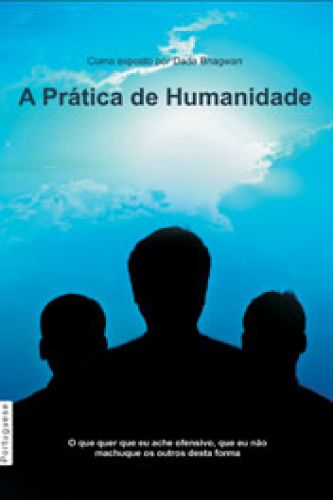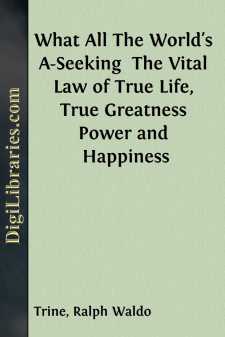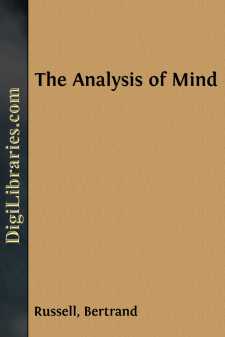Categories
- Antiques & Collectibles 13
- Architecture 36
- Art 48
- Bibles 22
- Biography & Autobiography 813
- Body, Mind & Spirit 142
- Business & Economics 28
- Children's Books 17
- Children's Fiction 14
- Computers 4
- Cooking 94
- Crafts & Hobbies 4
- Drama 346
- Education 46
- Family & Relationships 57
- Fiction 11829
- Games 19
- Gardening 17
- Health & Fitness 34
- History 1377
- House & Home 1
- Humor 147
- Juvenile Fiction 1873
- Juvenile Nonfiction 202
- Language Arts & Disciplines 88
- Law 16
- Literary Collections 686
- Literary Criticism 179
- Mathematics 13
- Medical 41
- Music 40
- Nature 179
- Non-Classifiable 1768
- Performing Arts 7
- Periodicals 1453
- Philosophy 64
- Photography 2
- Poetry 896
- Political Science 203
- Psychology 42
- Reference 154
- Religion 513
- Science 126
- Self-Help 84
- Social Science 81
- Sports & Recreation 34
- Study Aids 3
- Technology & Engineering 59
- Transportation 23
- Travel 463
- True Crime 29
The Law and the Word
Categories:
Description:
Excerpt
CHAPTER I
If I were asked what, in my opinion, distinguishes the thought of the present day from that of a previous generation, I should feel inclined to say, it is the fact that people are beginning to realize that Thought is a power in itself, one of the great forces of the Universe, and ultimately the greatest of forces, directing all the others. This idea seems to be, as the French say, "in the air," and this very well expresses the state of the case—the idea is rapidly spreading through many countries and through all classes, but it is still very much "in the air." It is to a great extent as yet only in a gaseous condition, vague and nebulous, and so not leading to the practical results, both individual and collective, which might be expected of it, if it were consolidated into a more workable form. We are like some amateurs who want to paint finished pictures before they have studied the elements of Art, and when they see an artist do without difficulty what they vainly attempt, they look upon him as a being specially favoured by Providence, instead of putting it down to their own want of knowledge. The idea is true. Thought is the great power of the Universe. But to make it practically available we must know something of the principles by which it works—that it is not a mere vaporous indefinable influence floating around and subject to no known laws, but that on the contrary, it follows laws as uncompromising as those of mathematics, while at the same time allowing unlimited freedom to the individual.
Now the purpose of the following pages, is to suggest to the reader the lines on which to find his way out of this nebulous sort of thought into something more solid and reliable. I do not profess, like a certain Negro preacher, to "unscrew the inscrutable," for we can never reach a point where we shall not find the inscrutable still ahead of us; but if I can indicate the use of a screw-driver instead of a hatchet, and that the screws should be turned from left to right, instead of from right to left, it may enable us to unscrew some things which would otherwise remain screwed down tight. We are all beginners, and indeed the hopefulness of life is in realizing that there are such vistas of unending possibilities before us, that however far we may advance, we shall always be on the threshold of something greater. We must be like Peter Pan, the boy who never grew up—heaven defend me from ever feeling quite grown up, for then I should come to a standstill; so the reader must take what I have to say simply as the talk of one boy to another in the Great School, and not expect too much.
The first question then is, where to begin. Descartes commenced his book with the words "Cogito, ergo sum." "I think, therefore I am," and we cannot do better than follow his example. There are two things about which we cannot have any doubt—our own existence, and that of the world around us. But what is it in us that is aware of these two things, that hopes and fears and plans regarding them? Certainly not our flesh and bones. A man whose leg has been amputated is able to think just the same. Therefore it is obvious that there is something in us which receives impressions and forms ideas, that reasons upon facts and determines upon courses of action and carries them out, which is not the physical body. This is the real "I Myself." This is the Person we are really concerned with; and it is the betterment of this "I Myself" that makes it worth while to enquire what our Thought has to do in the matter.
Equally true it is on the other hand that the forces of Nature around us do not think. Steam, electricity, gravitation, and chemical affinity do not think. They follow certain fixed laws which we have no power to alter....


